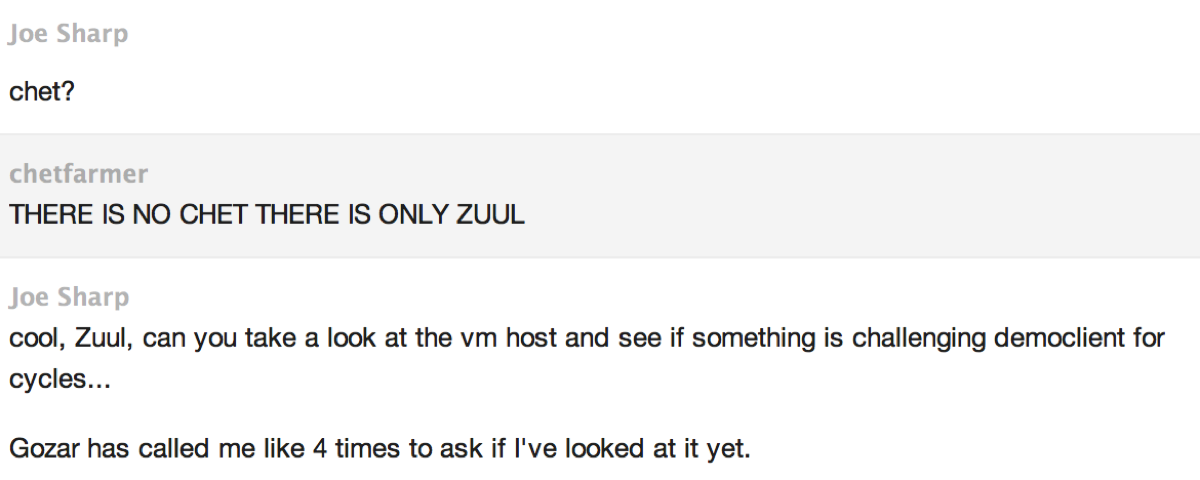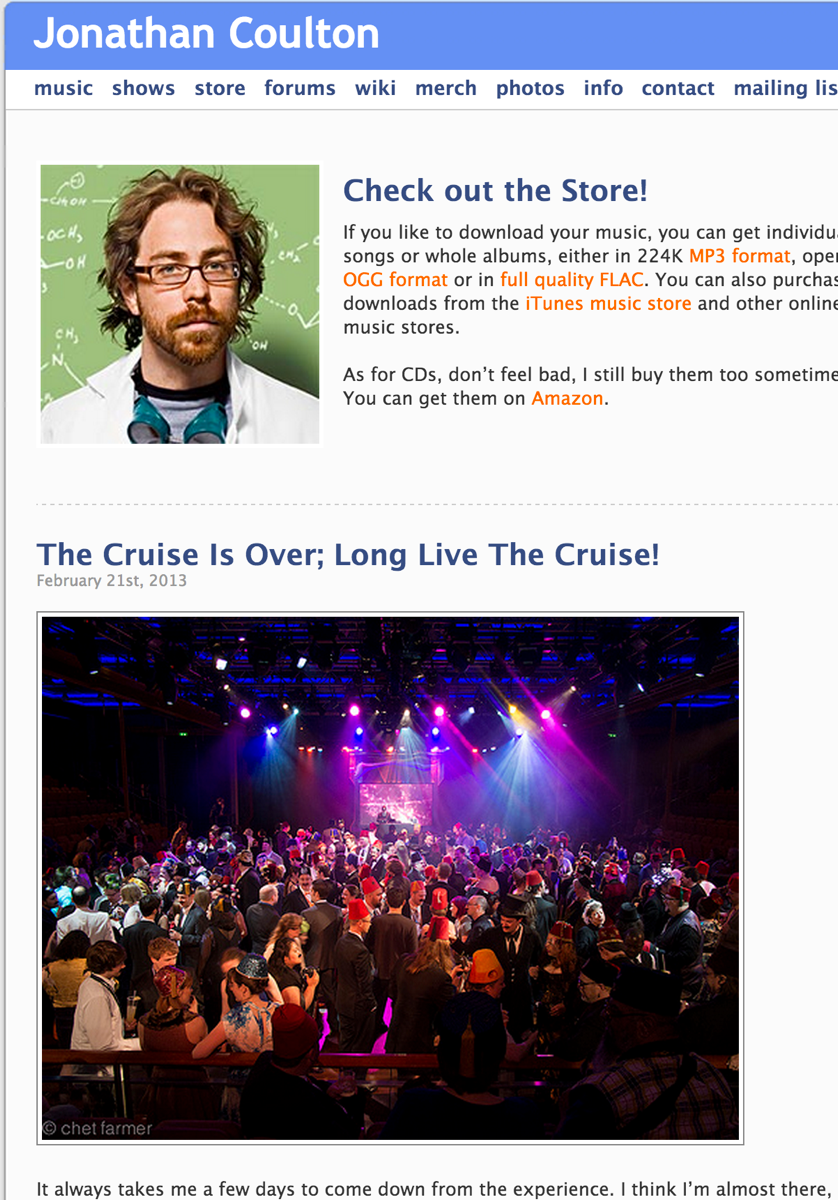So the big news today is that they’re going to allow pocketknives on planes again, which is nice since, you know, disallowing them had absolutely nothing to do with reality in the first place. Bully for them.
However, the new rules are, like everything that has anything to do with the TSA, arbitrary and capricious. As detailed here, the maximum permitted blade length is 2.36 inches, or 6 cm. The diagram in place clearly includes a Swiss-Army type knife, which was at first encouraging, since they come in essentially two sizes — and the one used as an example is obviously of the larger variety, and therefore should be the same size as the one I (and millions others) carry.
Except it’s been scaled down for the diagram. The normal-sized Victorinox (which is to say, most of them) are 3.5 inches long closed, and include a main blade that measures not quite 2.75 inches long (about 7 cm). Wenger’s knives are slightly smaller — 3.25″ closed, with a 2.5″ blade.
Nobody, to my knowledge, sells a Swiss knife of the size used in the diagram, but you can bet your ass that a shit-ton of TSA goons will have fancy new-to-them second-hand Swiss knives the week after this goes into effect (April 25). Travelers will see the Swiss knife in the diagram, think they’re cool, and have them snagged by the jackass patrol.
Nice.





